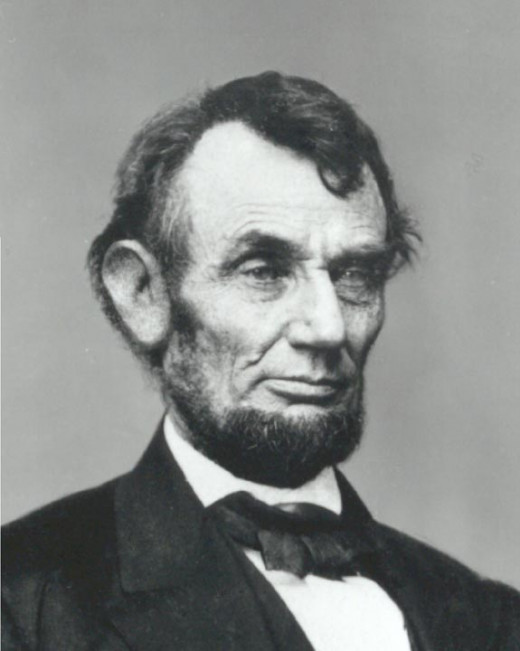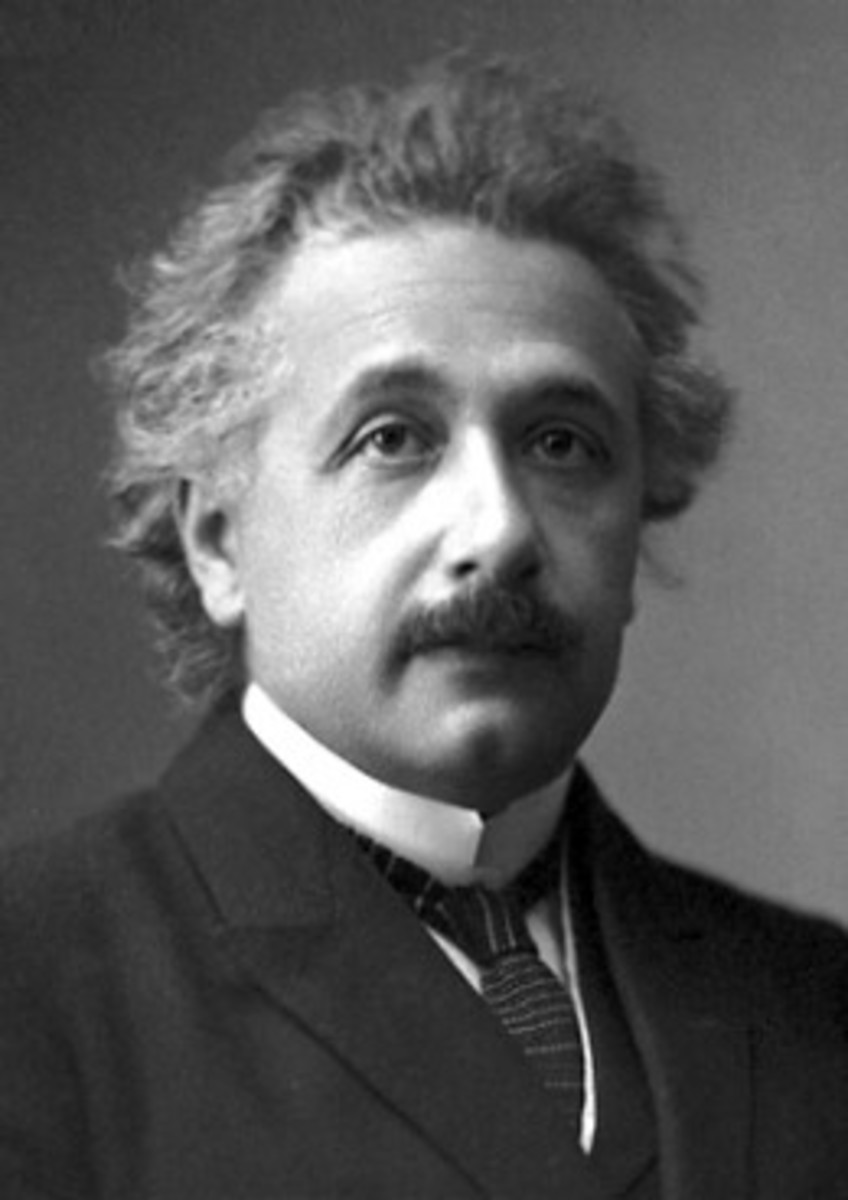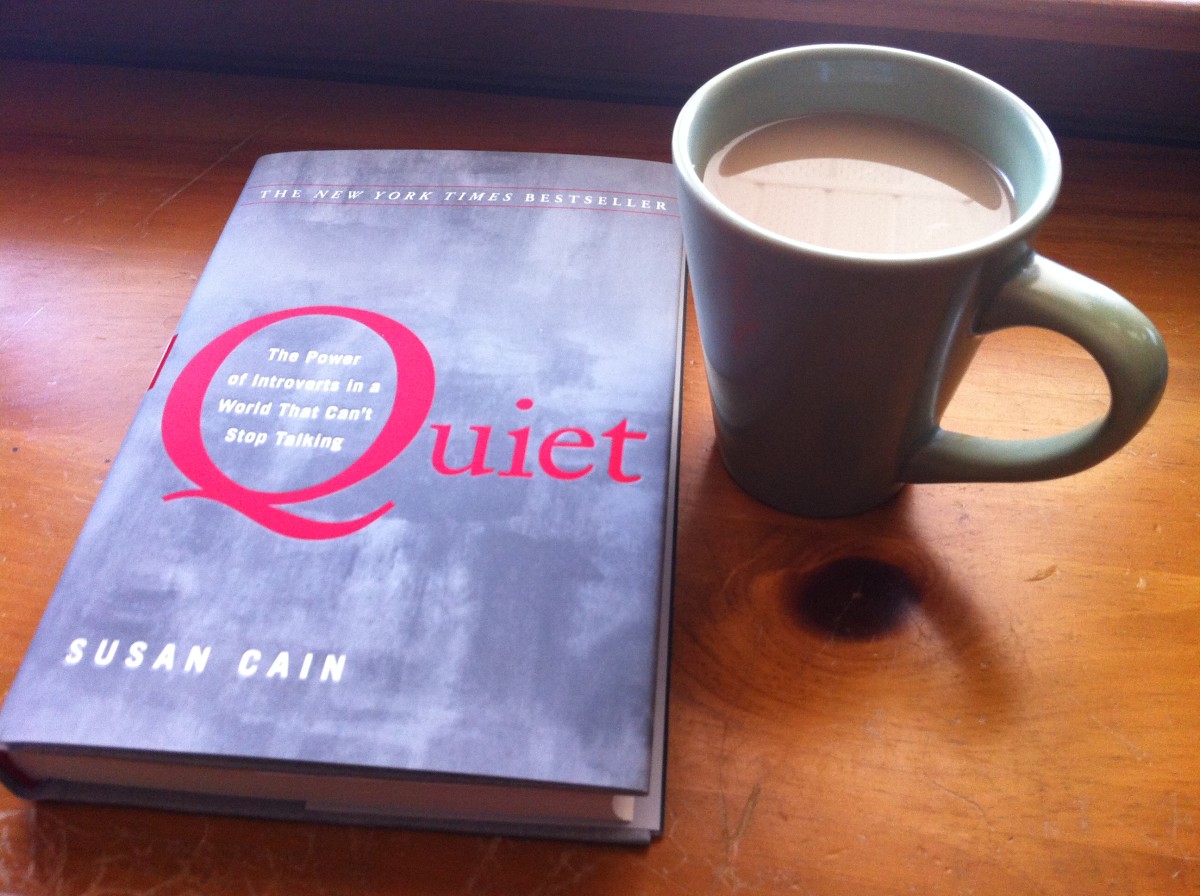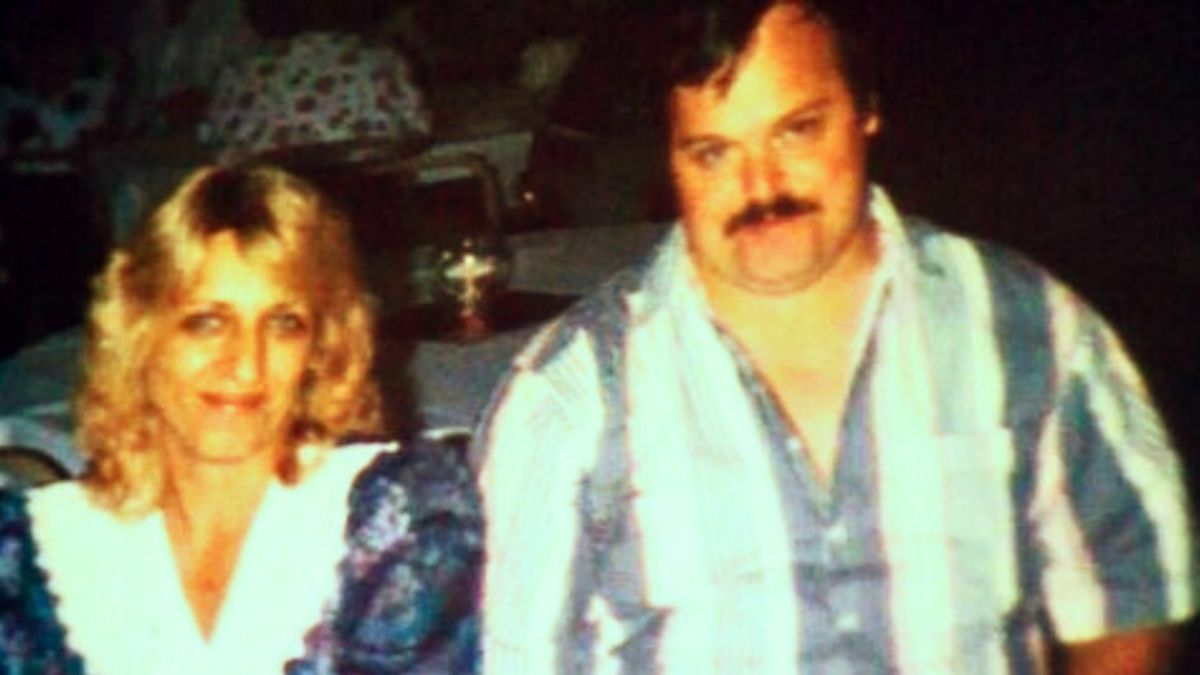Introversion as a Way of Life

Introversion as a Way of Life
The way a person derives energy in order to conduct life is a physiological determinant known as either introversion or extraversion. Introverts derive energy from being alone and extraverts recharge their batteries from being around other people. This article describes the introverted personality and lifestyle. In the United States, extraverts comprise seventy five percent of the population while the remaining twenty five percent is introverted. Sixty percent of the academically gifted population is introverted.

The Misunderstood Introvert
Introversion is not a mental illness, it's a personality type. Carl Jung a Swiss Psychiatrist first coined the term after breaking a professional relationship with the famous Sigmund Freud. Jung proposed that introverts are self motivated and that they become more energized from internal stimuli as opposed to the constantly communicating, speaking before thinking extraverts. Introverts do think first and speak later. They need to formulate their thoughts before engaging speech. This is due to brain wiring differences between the two, extraverts having more ready access to verbalization because of a shorter pathway between connecting thoughts to words. Extraverts speak while thinking and introverts think while speaking or don't speak at all. This leads to a misunderstanding toward introverts as being shy, withdrawn, unstable, or as being loners. Extraverts love parties, being able to small talk and rejuvenate, whereas the introvert gets drained from these interactions and seeks quiet.
There are many different personalities within the realm of introversion. All seek alone time to reenergize. These may be poets, engineers, scientists, mechanics, clerical workers, and teachers, among others. Extraverts do these things as well, the difference is that the latter seeks out others to share their readily available, short term, live in the moment thought processes via constant verbal interchange, either face to face or cell phone, introverts are more apt to text, and need to get away from this constant chattering to read a book. Introverts are more prone to envision and become more driven by a concept rather than a group.
A very few introverted types have been mistaken for being extraverted because of their love of and for others. Their stories have been chronicled from time immemorial. Great thinkers such as Mahatma Gandhi, Jesus Christ, Eleanor Roosevelt, Albert Einstein, and Abraham Lincoln have been proven to have had introverted personalities because of the way they conducted their lives, the words they shared, and the profound ideals by which the world benefited. Remember, introverts comprise sixty percent of the academically gifted population.
Introverted Personality Types
There are eight different personality types which fall under the psychological energy enabling source of Introversion as developed by the Myers-Briggs Personality Type Indicator Test. These eight are each assigned four letter group associations to differentiate themselves from one another. They comprise, ISTJ, ISTP, ISFJ, ISFP, INTJ, INTP, INFJ, and INFP. The first letters in the groups stand for (I)ntroversion. The seconds denote (S) Sensing, or receiving data from the five senses, and (N) Intuition, or receiving data from internal intuitive processes. The thirds delineate how the individual acts upon the data received, either through (T) Thinking, or logical calculations, and (F) Feeling, or value oriented considerations. The fourths relate to (J) Judging and (P) Perceiving, psychological thought processes that determine how an individual executes life's duties and obligations, either by seeking closure to problem solving, (J), or keeping options open to decisions, (P).
Introverts tend to have two distinct life programs, a public and a private one, whereas extraverts tend to behave the same whether at work or home. Introverts have been forced by society, especially in the United States, other cultures are more tolerant of the introvert and may even aspire to emulate this individual, to conform to unnatural behaviors in order to execute the work-a-day duties of a capitalistic, or even socialistic, economy. The "movers and shakers", the "go-getters", and the "status seeking bureaucrats", are enough to make the quiet introverted person want to cry or go to hide. The introvert must swallow hard, "make-believe" until the act is down pat, and smile until it hurts in order to fit and to please the extraverted majority. At many times and levels, the introvert is an overlooked, ignored, and persecuted minority.
Introversion and Psychology - Introverts at Work and Home
Introverts comprise only twenty five percent of the American population. Read more on introversion at work, home, and what it means for the individual. How do introverts relate to friends and family? What makes them tick and how do they respond to stimuli from the outside world? What motivates the introvert? It's all here. Read on!
Tell the world what you think! Is it time for introverted individuals to take a stand and pronounce their differences and to display pride in who they are? If you are introverted, speak up, please!









